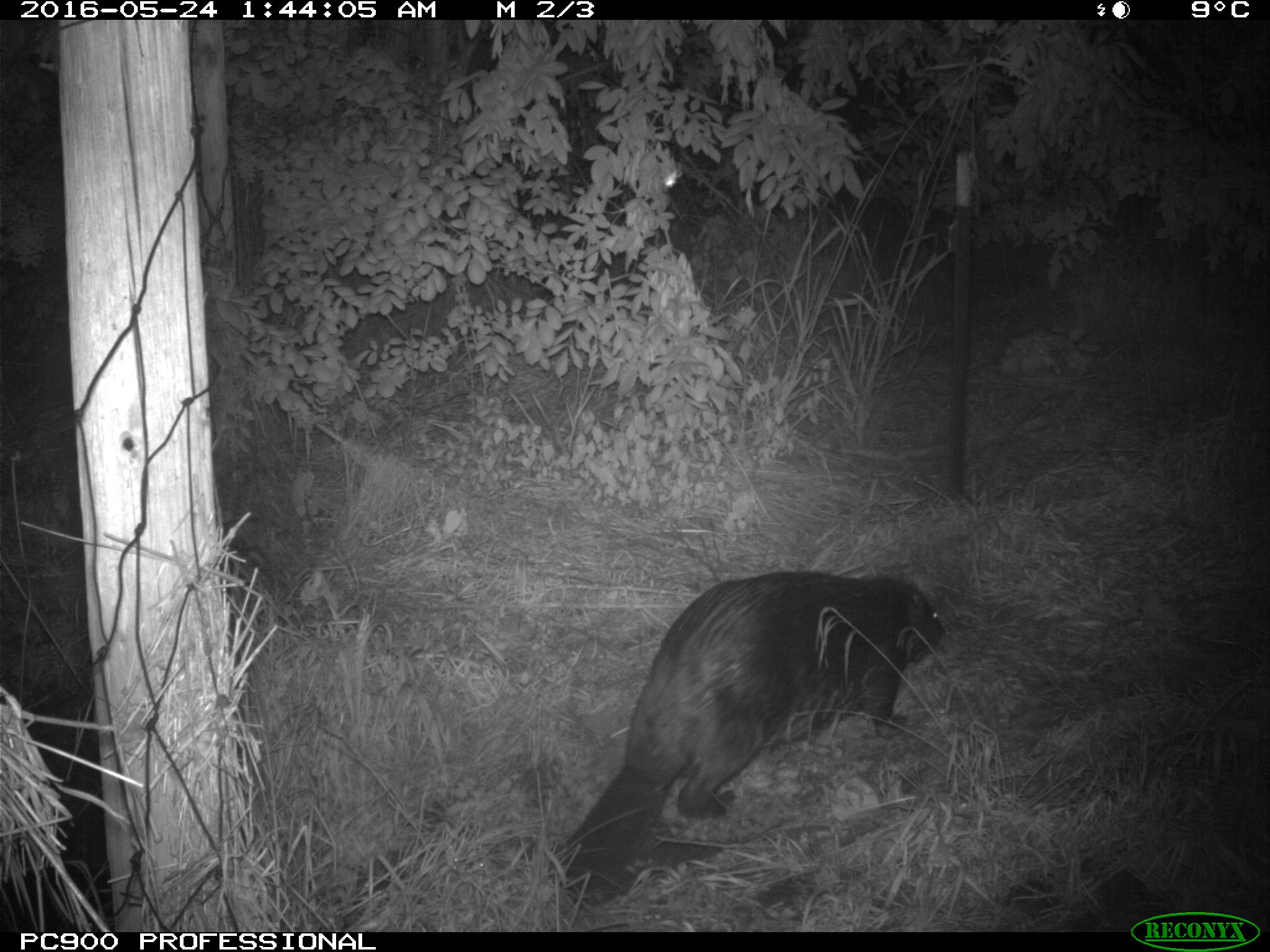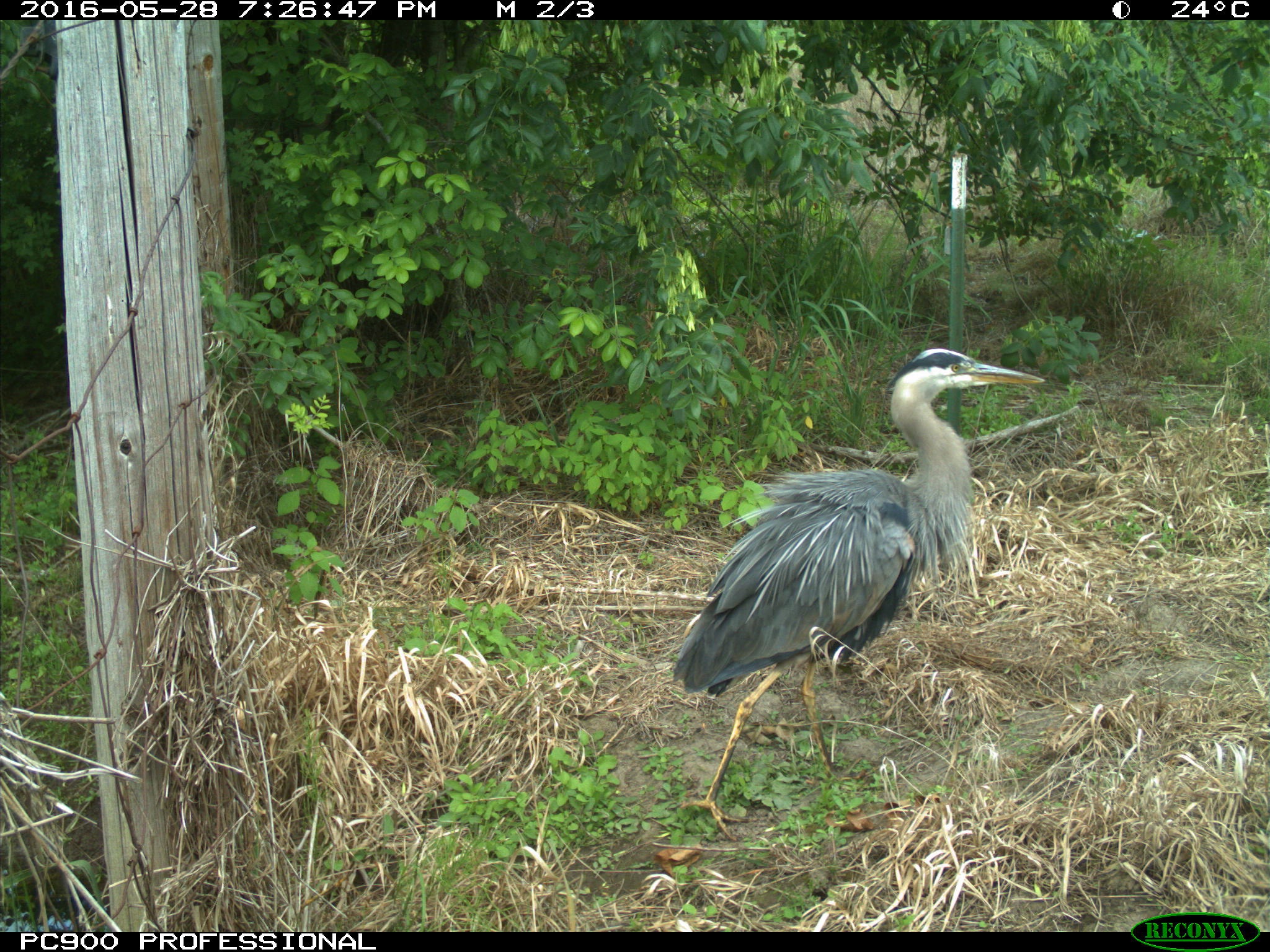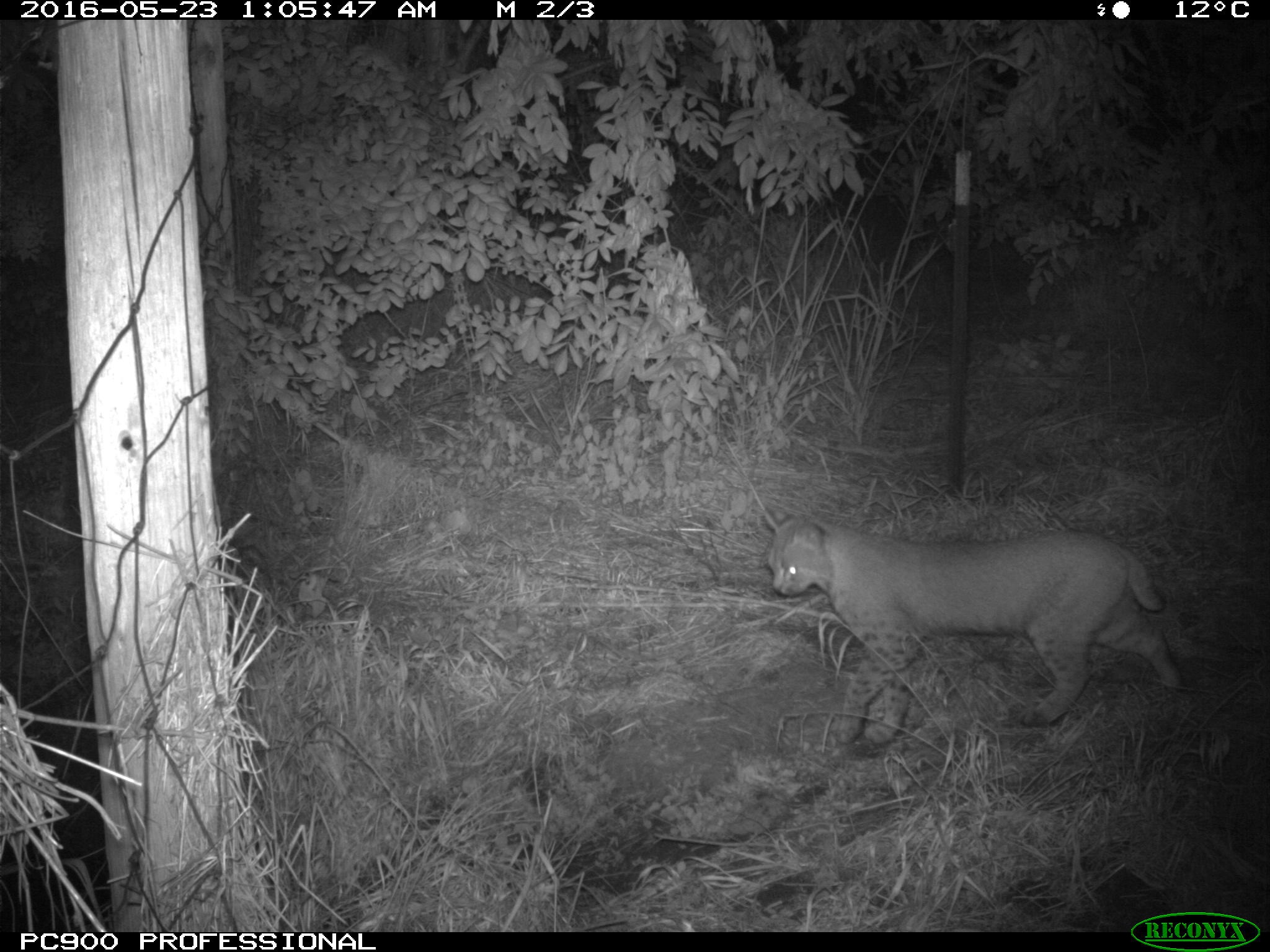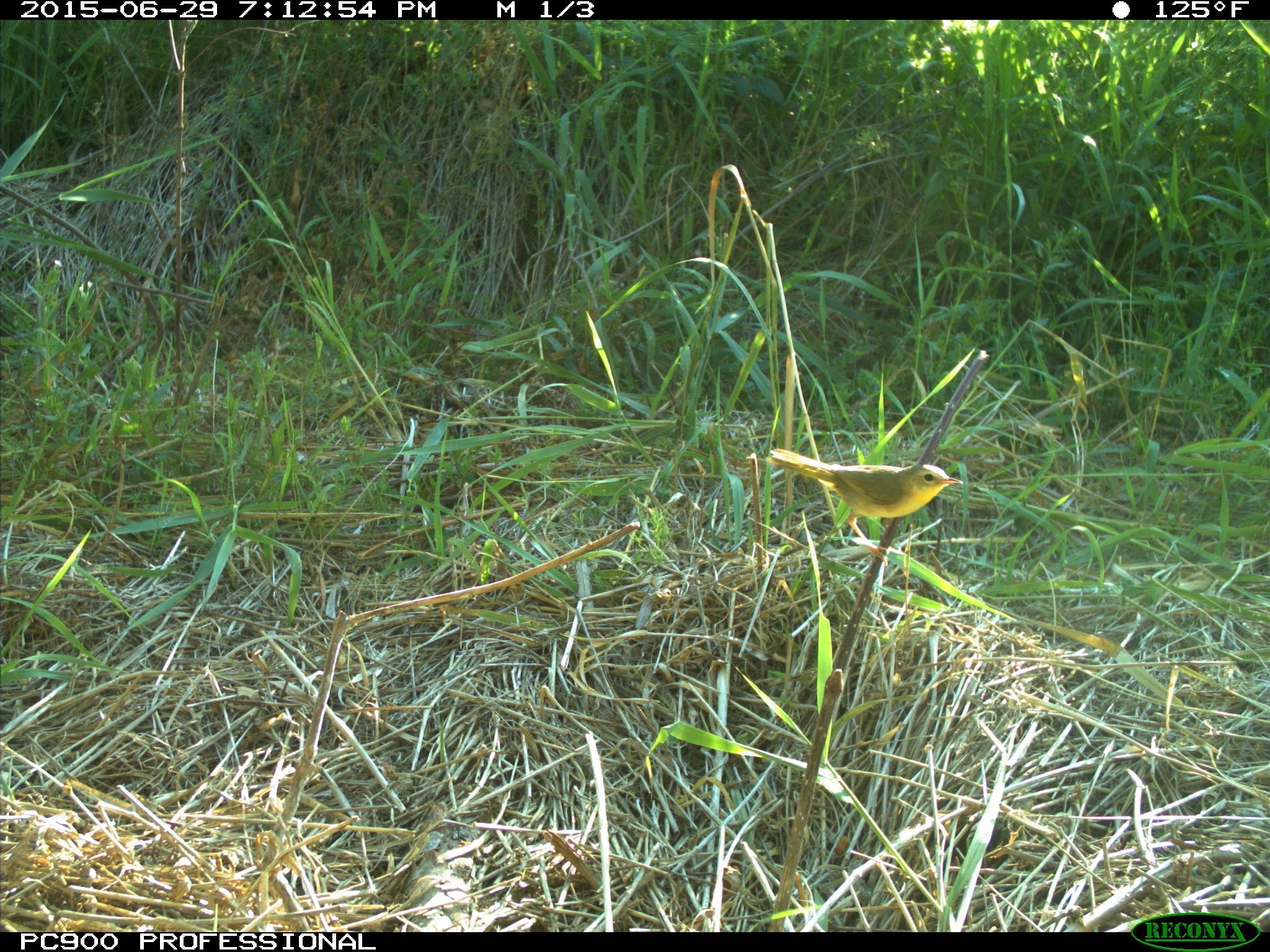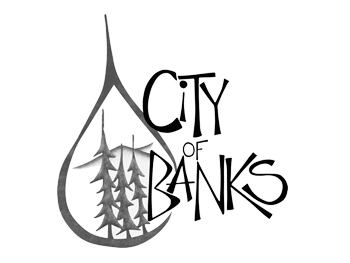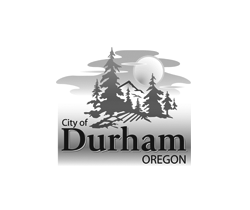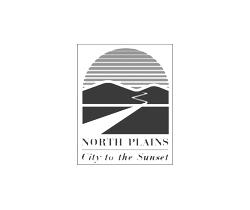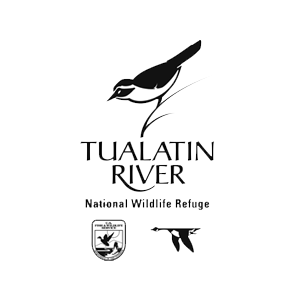Enjoying nature has never been easier to do, thanks to Metro and voters who said yes to a $227 million dollar bond measure a decade ago. After nine rounds of funding that supported large and small scale capital projects aimed to improve water and air quality, fish and wildlife habitat, and access to nature for everyone, Metro’s Nature in Neighborhoods Capital Grant Program is closed…for now.
Ranging in size and scope, the last round of awards was revealed late November, with the final $1.8 million dollars distributed among nine finalists—including four projects right here in the Tualatin River Watershed:
- $257,000 for Rock Creek Floodplain Enhancement at Portland Community College. Project partners include Clean Water Services, Portland Community College and Tualatin Riverkeepers.
- $246,000 for a Fanno Creek Floodplain Fix. Project partners include Tualatin Hills Park & Recreation District, Clean Water Services, Friends of Trees and the Vose neighborhood.
- $100,000 for the Courtyard at Cornelius Place. Project partners include the City of Cornelius, Bienestar, BRIDGE Housing, Blooming Nursery, Nielson Group and Scott Edwards Architecture.
- A $60,000 amendment to the 2015 award for Bull Mountain Park Projects. Project partners include Tualatin River Watershed Council, City of Tigard, and a variety of local community-based organizations.
The Rock Creek Floodplain grant was one of the largest in this series. One of the project’s key ecological enhancements involves improving floodplain connectivity and function. Clean Water Services and partners intend to do that by using Mother Nature’s most effective North American mammal—Castor canadensis. To encourage beaver activity, CWS plans to install large woody debris and select native plantings to create anchor points for them.
But it’s not just beavers that will benefit from this enhancement project! The site supports many other species including 50+ types of resident and migratory birds, Roosevelt elk, red-legged frogs and steelhead salmon. Given the deep pool of biodiversity and its proximity to a new urban development and an academic institution, it’s not surprising that Metro’s Capital Grants committee found the proposal important and timely.
Tualatin Riverkeepers will take the lead in managing the community engagement component of the project, leveraging its existing partnerships with organizations serving Muslim and Latino communities. Through its Environmental Studies Center and the work of professors and students in multiple departments, PCC Rock Creek will work to maximize the educational—as well as the ecological—potential of the site.
After nine years, $15 million dollars and 51 projects, there is no doubt that Metro’s Capital Grant Program changed the landscape for the better.
Click here to view the Rock Creek at PCC case study.

